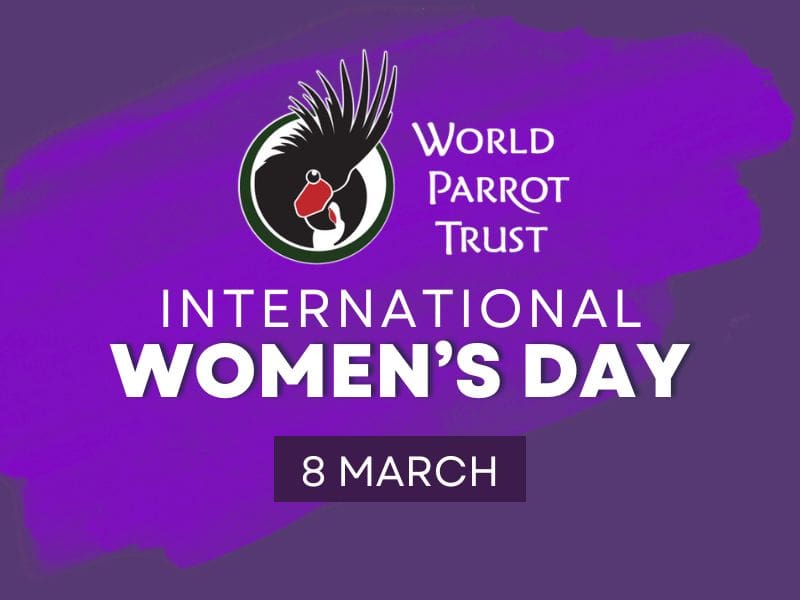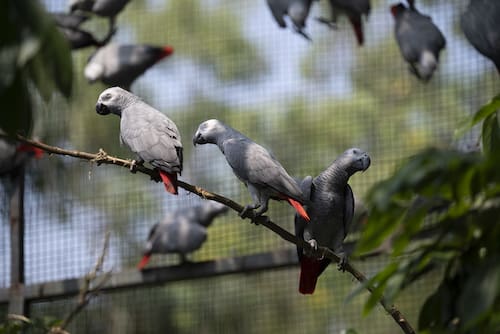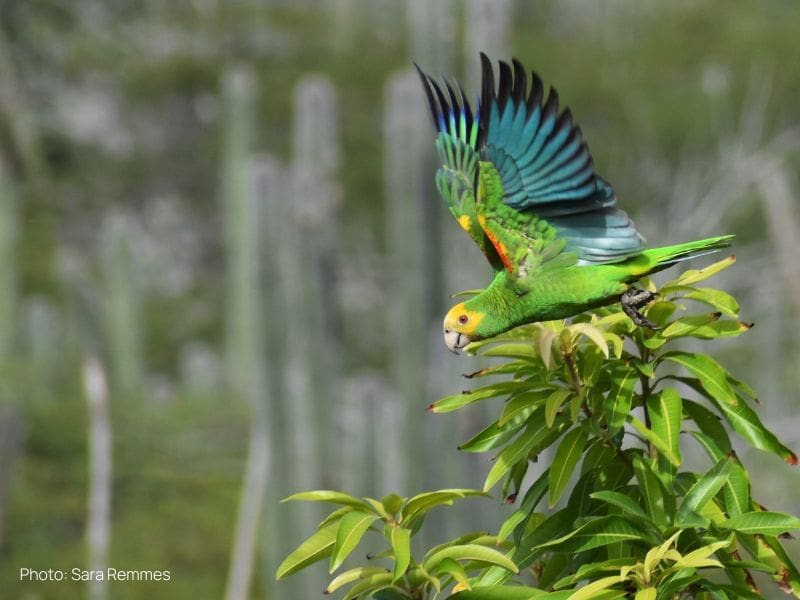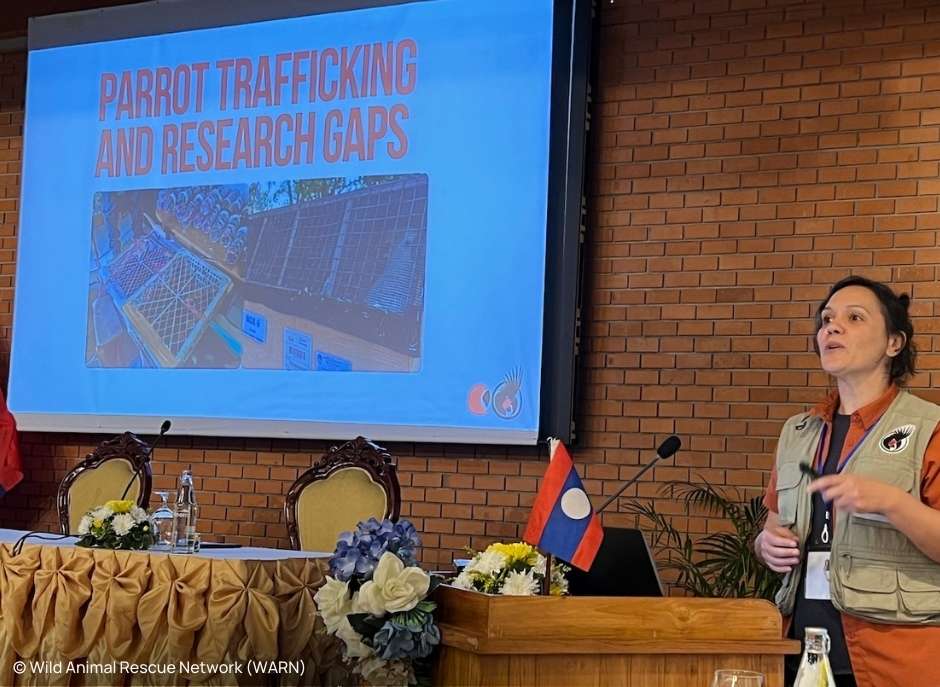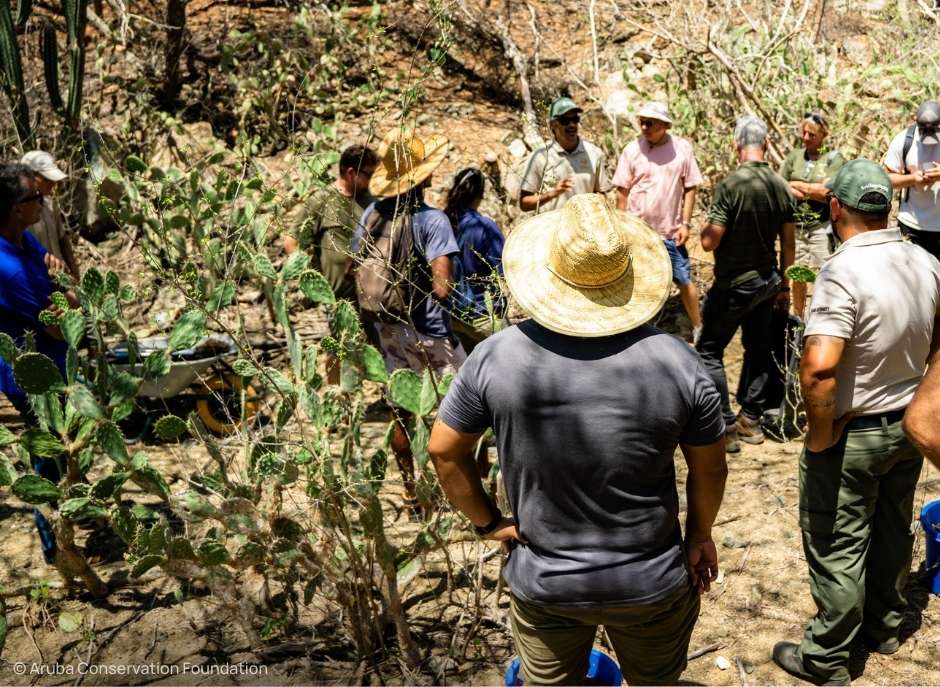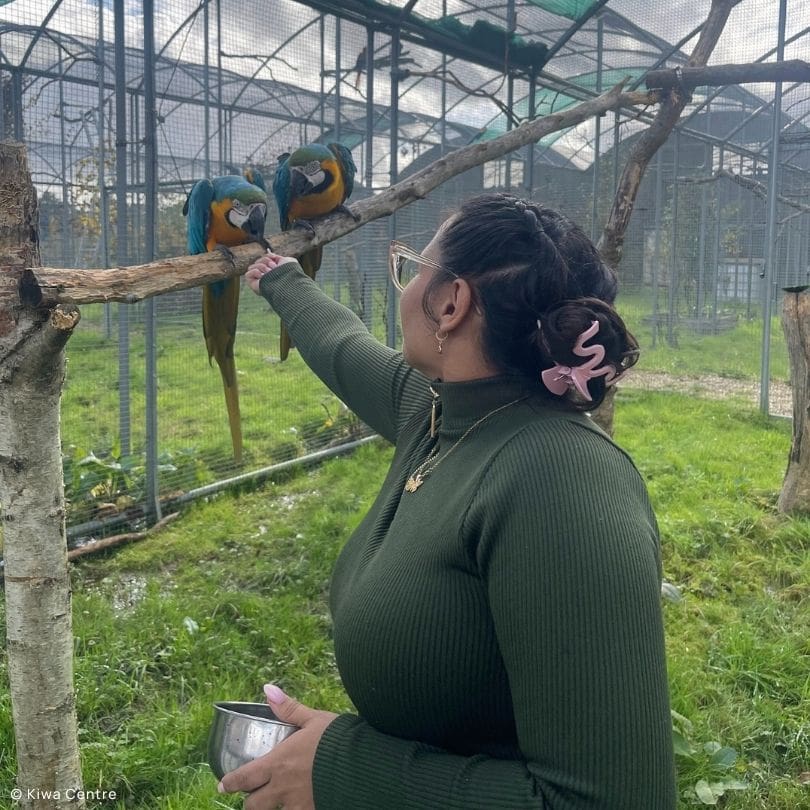Women in Conservation: Protecting Parrots, Protecting the Planet
International Women’s Day 2025 Celebrations On Saturday, 8th March 2025, the World Parrot Trust celebrated International Women’s Day by shining a light on some of the remarkable women working to protect parrots and their habitats. Across the globe, conservationists, researchers,...

